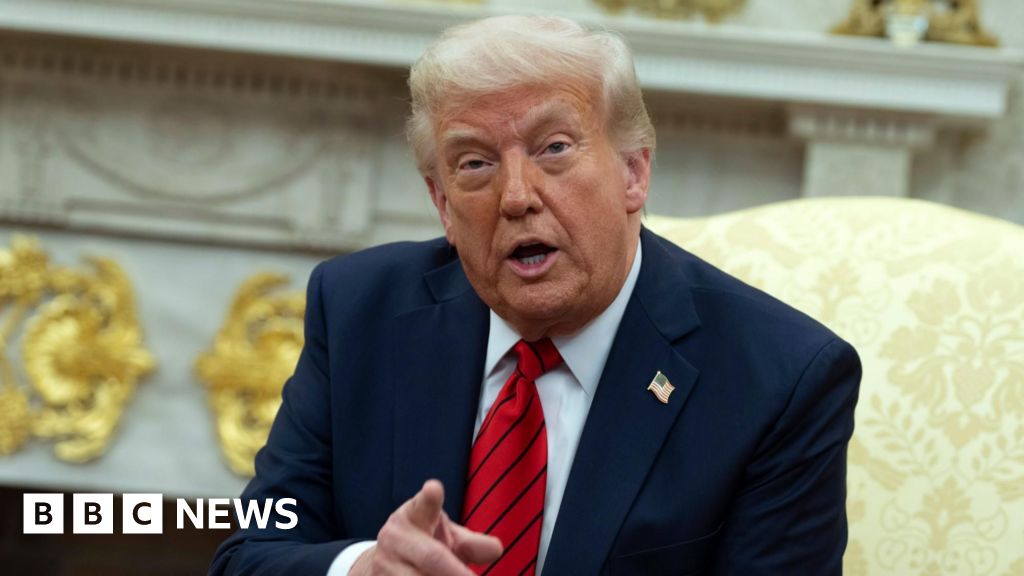The Misconception of Indoctrination in Florida's Public Schools

As a seasoned educator, I find myself drawn to the comment sections of local news articles pertaining to political issues, particularly those related to public education. Living in Florida, where the state's educational system faces significant challenges, I often encounter vociferous comments from those who vehemently oppose what they perceive as liberal agendas infiltrating classrooms.
The current political climate under Governor Ron DeSantis seems to have transformed public education into a battleground for cultural wars, with many commentators claiming that teachers are indoctrinating students with ideologies they oppose. These comments often include accusations of educators teaching Critical Race Theory (CRT) and promoting what they label as 'vegan transgender socialism.' A frequent refrain from such commenters is, They want white kids to feel guilty about their race! This rhetoric displays a deep misunderstanding of the actual content being taught in schools.
Having dedicated over a decade to teaching in public high schools, my firsthand experience starkly contrasts with these claims. I have worked in three distinctly different educational environments across various counties, and most of my friends are also educators. If there were a widespread issue of indoctrination happening in classrooms, it would undoubtedly come to my attention.
Most teachers, and I count myself among them, take great care to avoid political discussions in school settings. Its a matter of self-preservation; a single slip-up could lead to serious repercussions. For instance, a casual comment against Governor DeSantis could quickly escalate into a situation where I would find myself explaining my supposed biases in front of my principal. To protect their jobs, many teachers remain silent on contentious issues, even in private conversations with colleagues. The fear of being labeled or facing disciplinary actions keeps them from expressing personal opinions.
There are exceptions, of course. In my thirteen years of teaching, I encountered a few individuals who openly expressed political opinions. One new teacher, for example, made a disparaging comment about Muslim students wearing hijabs shortly after our first meeting. He voiced frustrations about perceived leniencies in school policies regarding dress codes. Another colleague gradually revealed his intolerance, initially commenting on students' hair colors and later belittling the use of gender pronouns in class discussions. Such instances are rare and do not reflect the behavior of the majority of educators.
While I cannot monitor every classroom, students frequently communicate about their teachers and what occurs during lessons. They tend to focus on and share news of any inappropriate behavior. Over the years, I learned to discern fact from fiction based on what students shared. In my experience, direct examples of indoctrination have been incredibly limited. The most notable case involved a social studies teacher who emphasized a skewed interpretation of the Civil War, while another colleague was let go due to his disrespectful attitude towards students gender identities.
Its important to clarify that I am not suggesting that conservative teachers are systematically indoctrinating students. In my extensive observations and discussions with colleagues, I have encountered only a couple of instances that could be classified as indoctrination, and those individuals happened to hold conservative views. The reality is that these occurrences are strikingly rare, comparable to the myth of widespread voter fraud.
One of the primary reasons for this rarity might surprise you: teachers are overwhelmingly focused on their primary responsibilitiesensuring students grasp educational material. They are consumed with the challenge of engaging students who might prefer to scroll through their phones rather than participate in class discussions. Teachers are investing every ounce of their energy into making sure students can complete assignments, understand their lessons, and adhere to new educational standards that seem to shift constantly. The pressure of revising lesson plans to align with the latest educational initiatives often comes at the expense of personal expression or political discussion.
Despite the rational acknowledgment that classroom indoctrination is virtually nonexistent, the notion that liberal teachers are indoctrinating your children has become a prevalent fear among certain political factions. This anxiety forms part of a decades-long battle against public education, with alarming consequences. Misinformation has flourished, leading many to believe absurd claimslike the idea that schools are engaging in inappropriate medical procedures or allowing students to express bizarre identities.
The fallout from these misconceptions is severe. Many voters have been misled, resulting in diminished support for public education and the erosion of funding that once bolstered our schools. The implications of these actions are far-reaching: public education is suffering, and the quality of education for our youth is declining. The pandemic has further compounded these challenges, leaving the current generation of students with fewer educational opportunities than any before them. As we face rising economic pressures, such as inflation and housing affordability, the outlook for our childrens futures becomes increasingly bleak.
In the end, its easy to get lost in the noise of social media debates and political rhetoric. However, as educators, we must remain steadfast in our commitment to providing a balanced education devoid of indoctrination. The focus should always be on empowering students to think critically, understand diverse perspectives, and engage meaningfully with the world around them.
Marco Vanserra is a pseudonym for a dedicated educator and advocate for public schooling in Florida. His work focuses on making math accessible and relevant to underserved communities.
This article originally appeared on HuffPost in April 2025.



























